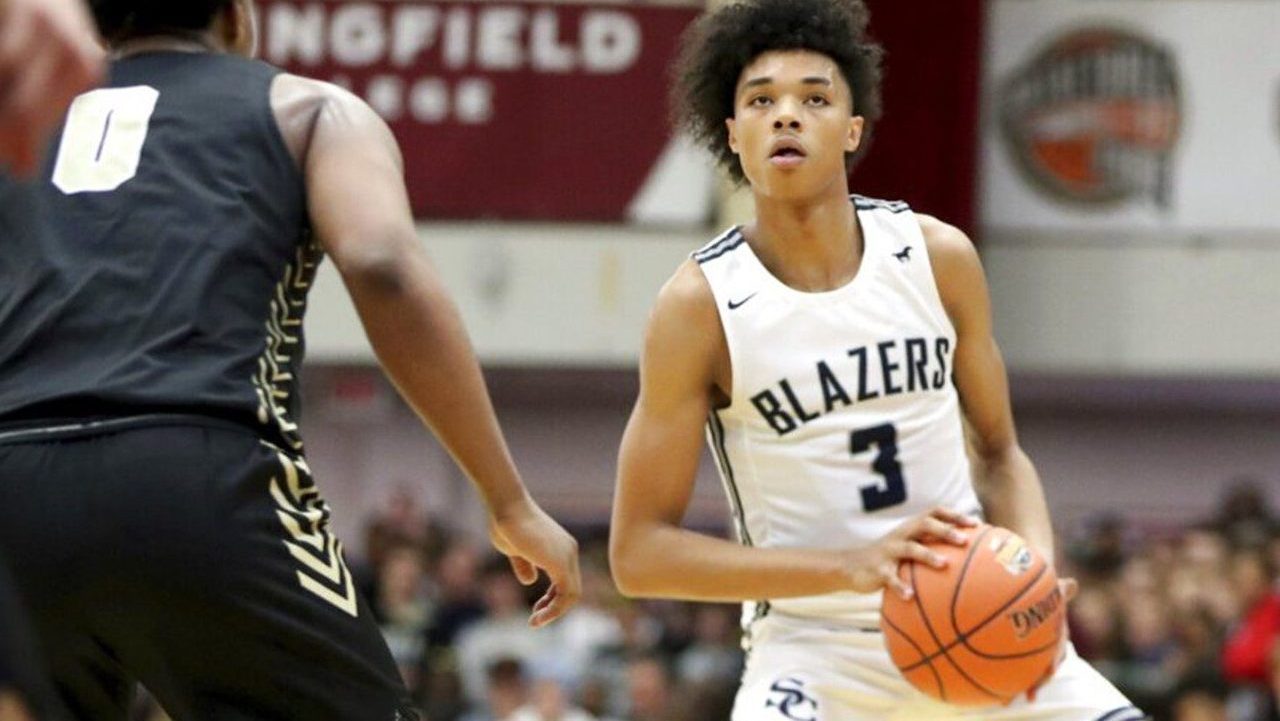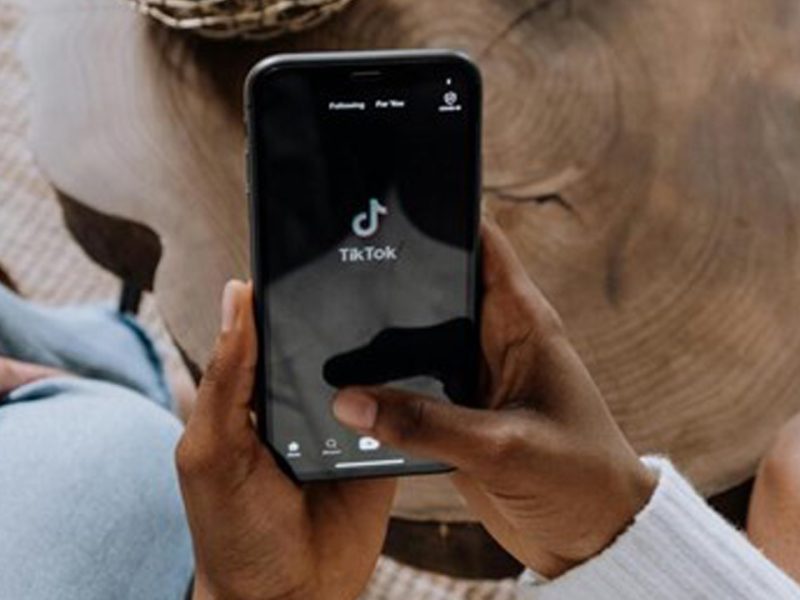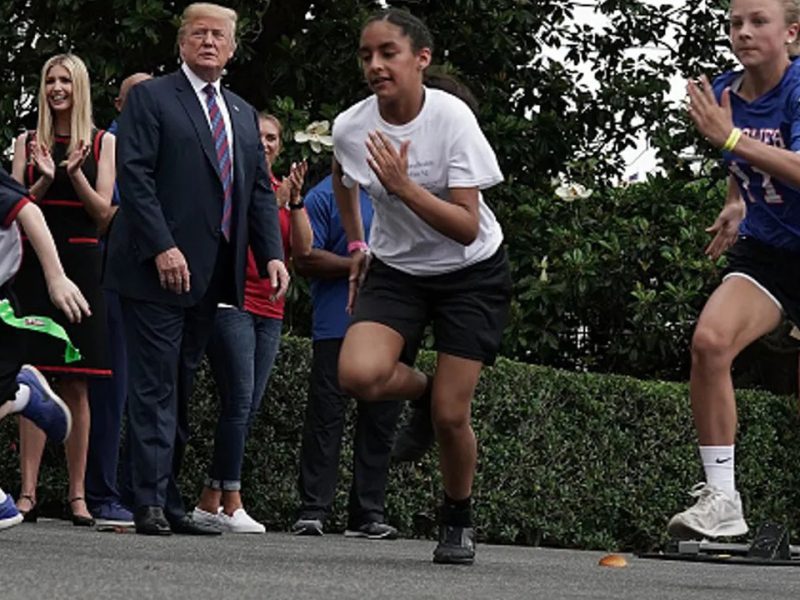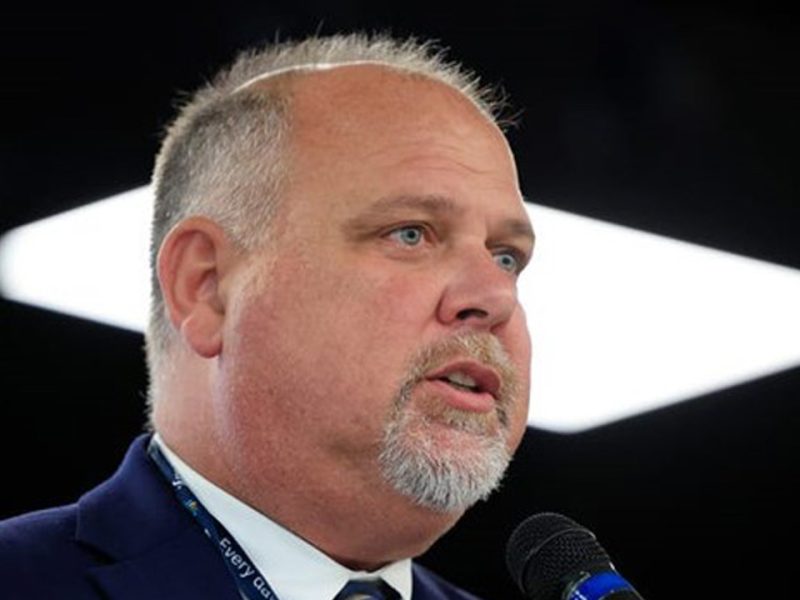
FHSAA considers allowing high school athletes to profit off their name, image, and likeness

“He was a Florida athlete and ended up transferring to Georgia so that he could make his NIL money. So you’re seeing this where some of the top athletes, which Florida develops some of the top athletes at the high school level, are considering going to other states where they can make this name, image, likeness money.”
If the FHSAA approves the changes, Glass says most high school student athletes won’t be making more money than their coaches, despite a recent column in the Orlando Sentinel that stated otherwise.
“That’s not happening right now, not that high school coaches make a lot of money. I think the average stat that was used in that same article is $5,000, is roughly what that stipend is. There aren’t that many college athletes that are making that kind of money, much less at the high school level.”
According to Bill Carter, creator of Student-Athlete Insights and the NIL Research Poll, out of the 8,000,000 high school student athletes in the U.S, less than one percent are earning more than their coaches.
“I think it’s way overblown. Think about this, right now, if you’re a kid, you can go do commercials (etc) and you can do name, image likeness in the kind of pure sense of the words,” said Glass.
A poll by the Shirley Povich Center for Sports Journalism at the University of Maryland surveyed more than 1,500 adults about their feelings towards high school athletes profiting from NIL deals.
The study found that 54% of respondents support high school athletes earning money through endorsement deals, with two-thirds of Black and Hispanic respondents agreeing.
“I do think that there’s something more interesting in the push back and where it’s coming from, because I’d love to see stats and data around who’s really pushing against this law. Is it folks that have plenty of money and aren’t worried about this because they can pay for play and can support their kids when it comes to playing athletics?”
Community Building
A bill before Gov. Ron DeSatnis, if approved, would prohibit kids under 14 from having social media accounts, and 14 and 15 year olds can only have one if they get parental consent.
In April 2023, Glass told WMFE that approximately 80% of NIL deals come from social media.
However, with the potential ban in place, Glass says student athletes in Florida shouldn’t worry too much.
“Adidas signed Karter Knox because he has the potential to go play in the NBA. That type of deal won’t matter whether TikTok and social media are banned because at the end of the day, the reason why he’s able to make that kind of money has nothing to do with his social media following. It’s more of his ability and his talent level that will ultimately allow him to be somebody that is influential.”
Glass said the FHSAA rule change could mean a positive boost for local businesses and community building.
“Over time, it’s more awareness and focus on community. I think that money is another thing that you have to think about too. If it was coming from Adidas, it’s a very different conversation than from a local business that maybe just wants to support it, because they had a kid that went to that high school, or they have kids that play on those teams.”
NIL Protections
Overall, Glass believes if the FHSAA approves the change to allow student athletes to profit off the name, image, and likeness, it will have a positive impact on student athletes and the communities they play in.
However, Glass said there will be challenges.
“I think one thing that’s interesting that we’re not talking about that we should be is that there are 10 states that have something called the Coogan law, or Coogan account.”
According to SAG-AFTRA, a Coogan account is used for child actors where 15% of their gross wages are held in a blocked trust account.
“Coogan account make sure that if someone under the age of 18 is making significant money, a portion of that is held aside in a trust account, so that the parents can’t spend it because at the end of the day, the money goes to the parents if you’re under the age of 18.”
Glass adds that it’s important to think about financial literacy when it comes to the possibility of student athletes earning more money.
In 2022, Gov. Ron DeSantis signed a law adding a financial literacy course as a graduation requirement for the state’s high school students.
“It’s important that we make sure that kids at the high school level, assuming this passes, are able to make money and are building good habits because if we can help students have better financial habits at a younger age, that’s going to disproportionately impact everyone in a positive way. Every single community in the state of Florida will benefit from that.”





